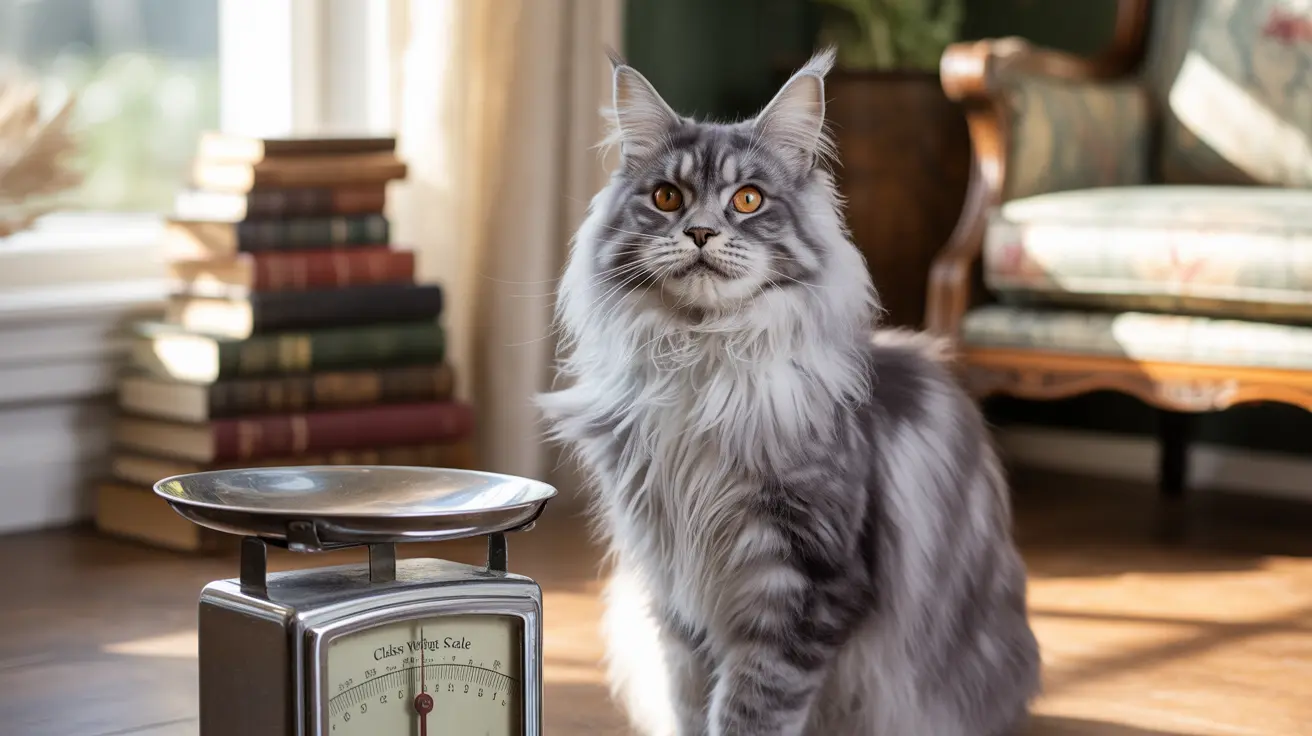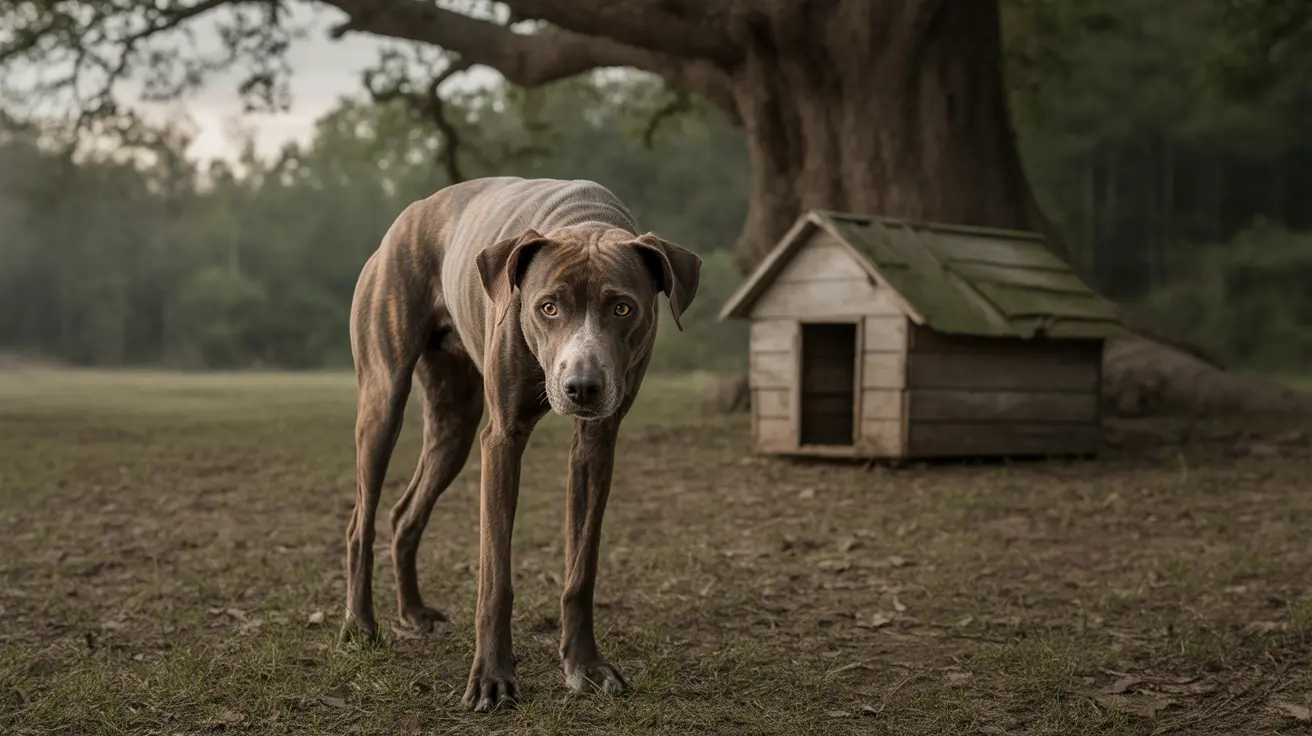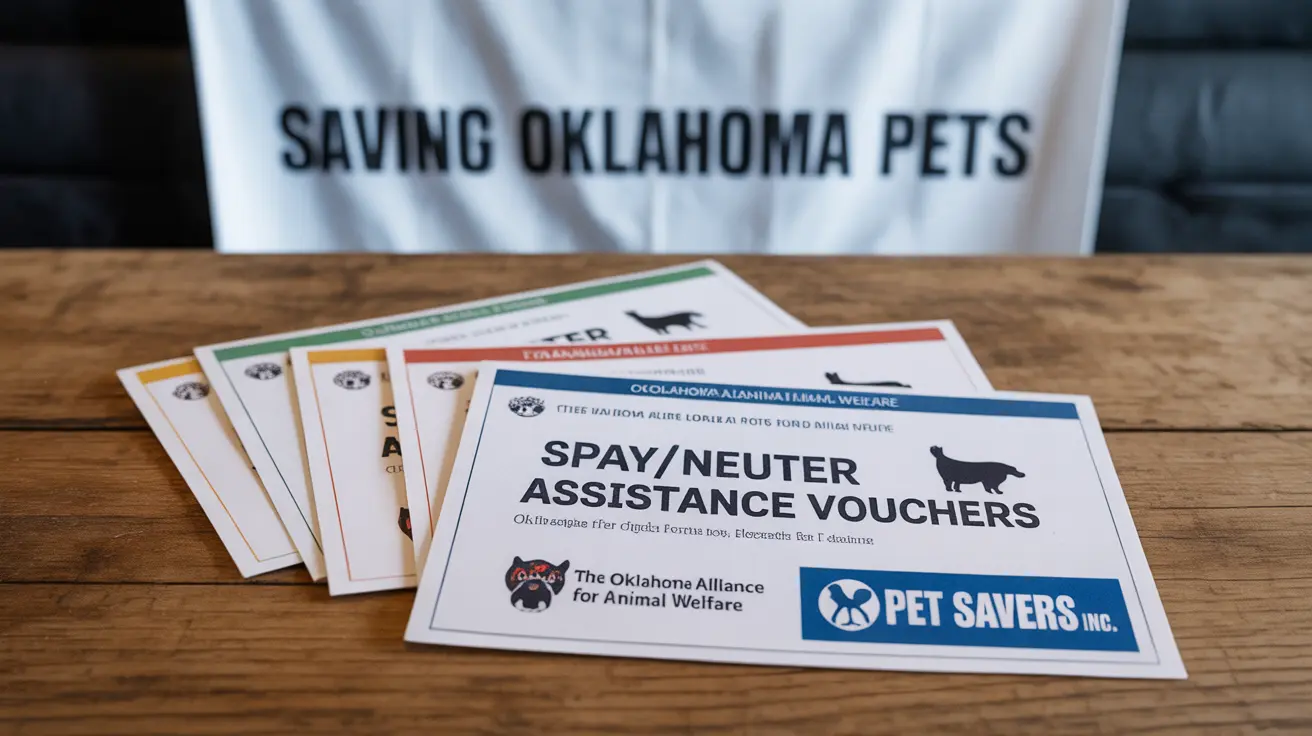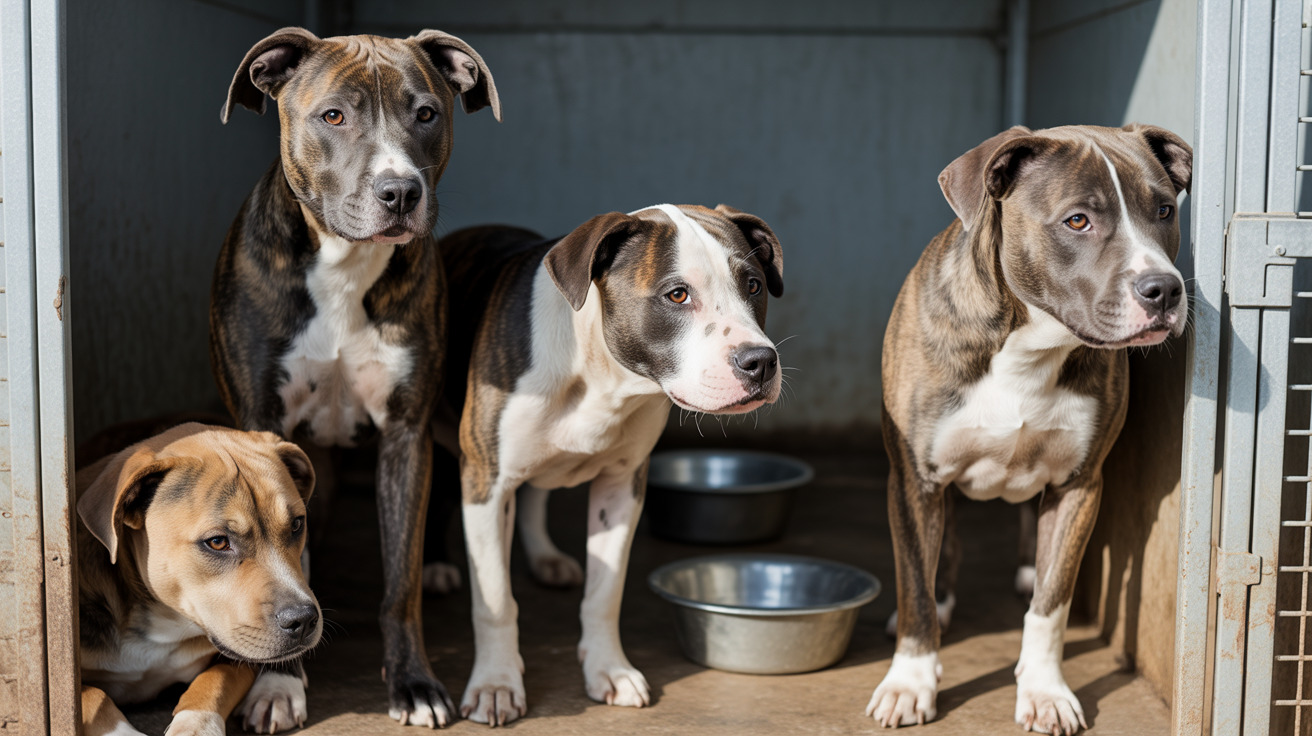Weight loss in senior cats is a common but concerning issue that often signals underlying health conditions. As our feline companions age, their bodies undergo various changes that can affect their weight and overall health. Understanding why your older cat is losing weight and knowing when to seek veterinary care is crucial for maintaining their well-being.
In this comprehensive guide, we'll explore the various causes of weight loss in senior cats, identify important warning signs, and discuss effective management strategies to help your aging feline maintain a healthy weight.
Common Medical Causes of Senior Cat Weight Loss
Several health conditions can contribute to weight loss in older cats, with some being more serious than others. Understanding these potential causes can help you better advocate for your cat's health:
Hyperthyroidism
This common endocrine disorder typically affects cats over eight years old. Despite an increased appetite, cats with hyperthyroidism often experience significant weight loss due to their accelerated metabolism. Other symptoms may include hyperactivity, increased thirst, and vocalization.
Chronic Kidney Disease (CKD)
CKD is one of the most prevalent conditions in senior cats. As kidney function declines, cats may experience decreased appetite, nausea, and subsequent weight loss. Early detection through regular veterinary check-ups can help manage this progressive condition more effectively.
Dental Disease
Oral health issues can make eating painful for older cats, leading to reduced food intake and weight loss. Common problems include gingivitis, tooth resorption, and oral tumors. Regular dental check-ups can help prevent these issues from developing.
Age-Related Factors Contributing to Weight Loss
Decreased Sense of Smell and Taste
As cats age, their senses often become less sharp, which can affect their interest in food. This natural decline can lead to decreased appetite and consequent weight loss if not properly managed.
Reduced Digestive Efficiency
Senior cats may experience changes in their digestive system that affect nutrient absorption and processing. This can result in weight loss even when food intake appears normal.
Supporting Your Senior Cat's Weight Management
Dietary Considerations
Older cats often benefit from specially formulated senior diets that are highly digestible and energy-dense. Consider these dietary strategies:
- Offer multiple small meals throughout the day
- Warm food slightly to enhance aroma
- Provide easily accessible water sources
- Consider wet food for better hydration and palatability
Environmental Modifications
Make eating as comfortable as possible for your senior cat by:
- Placing food bowls in quiet, easily accessible locations
- Using elevated feeding stations if mobility is limited
- Maintaining consistent feeding schedules
- Reducing competition in multi-cat households
When to Seek Veterinary Care
Any unexplained weight loss in an older cat warrants professional attention. Contact your veterinarian immediately if you notice:
- Rapid weight loss
- Changes in appetite or water consumption
- Lethargy or behavior changes
- Vomiting or diarrhea
- Difficulty eating or visible oral pain
Frequently Asked Questions
What are the most common medical reasons for weight loss in older cats?
The most common medical causes include chronic kidney disease, hyperthyroidism, diabetes, dental disease, and cancer. Each of these conditions requires specific veterinary diagnosis and treatment plans.
How can I tell if my senior cat's weight loss is due to dental problems or another health issue?
Signs of dental problems include difficulty eating, dropping food, pawing at the mouth, bad breath, and visible tartar or inflammation. However, only a veterinary examination can definitively determine whether dental issues or other health problems are causing weight loss.
What symptoms should prompt me to take my older cat to the vet for unexplained weight loss?
Seek immediate veterinary care if you notice rapid weight loss, changes in appetite or thirst, lethargy, vomiting, diarrhea, or any significant behavior changes. Early intervention often leads to better outcomes.
How can I help my aging cat maintain a healthy weight through diet and lifestyle changes?
Focus on providing high-quality, age-appropriate food, maintaining regular feeding schedules, ensuring easy access to food and water, and creating a stress-free eating environment. Regular veterinary check-ups can help monitor weight and adjust care plans as needed.
Why does hyperthyroidism cause weight loss in older cats despite an increased appetite?
Hyperthyroidism increases the body's metabolic rate, causing cats to burn calories faster than they can consume them. This results in weight loss even though affected cats often eat more than usual. Treatment is necessary to regulate thyroid function and stabilize weight.
Remember, weight loss in older cats should never be ignored. While some degree of weight change may be normal with aging, significant or rapid weight loss often indicates an underlying health issue that requires professional attention.






